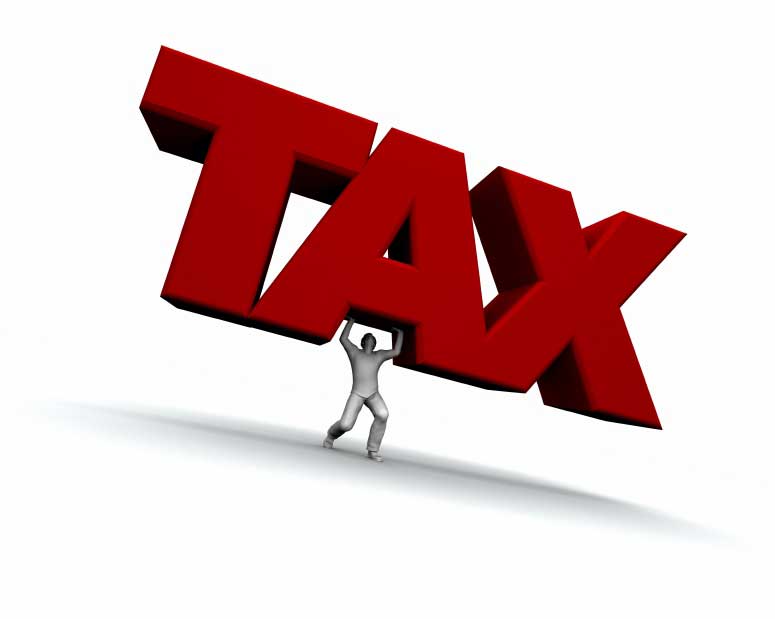
| By treating investors equally, corporate tax law plays favorites | ||
Enterprises operate in different fields and have different investment scales, but are offered the same corporate income tax (CIT) incentives. And that is a problem. Decree 124, issued in 2008, guides the implementation of the Corporate Income Tax Law. It treats enterprises that are operating in industrial zones (IZ) and export processing zones (EPZ) as operating in ‘economically difficult areas’ and grants them incentives in the form of delayed and reduced taxes. However, not all investors are able to benefit. Under previous regulations, the tax relief began only when new businesses in these zones began to make a profit. They got an exemption from CIT for three years followed by tax reduction for the next seven years. In the new regulation, the incentives are quite different. Now the tax exemption goes into effect in the fourth year of operation whether or not a company has yet succeeded in making a profit.
For some, it’s a hollow benefit
According to Nguyen Van Tinh, an executive of the IZ Management Board in Long An province, enterprises are complaining that they likely will not be able to enjoy the tax incentives.
For many enterprises, entitlement to a tax exemption in the fourth or fifth year is an empty benefit, for (depending on how much capital was invested and their business results), at that time they still have not made a profit. As long as they have no profit, they would not be liable to CIT. The revised regulation thus makes the tax exemption an empty benefit for such companies.
The director of a glass production company in Tan Binh IZ in HCM City said that his company is doing only moderately well. He does not expect to begin making a profit for several more years, so he won’t be liable to pay tax, and so will not get the benefit he had counted on.
Vo Quoc Thang, Chairman of Dong Tam Group, said that different businesses reach profitability at different times. For example, businesses that are launched in the middle of the current economic downturn will not be able to develop well and make profits immediately. Therefore, Thang thinks that it is unreasonable to apply to them the same regulation on tax exemption and reduction that is applied to businesses with more fortunate timing.
Are targeted tax incentives needed?
Asked why the policy makers have set such a strict regulation, tax officials HCM City, Long An and Dong Nai say that the regulation aims to prevent businesses from reporting losses to avoid tax. A lot of businesses have been found to be doing that.
However, the explanation has been condemned by experts who say that policy makers must not punish all businesses just because some businesses have misbehaved.
Dr. Dinh The Hien, a well-known economist, commented that the businessmen who invest tens of billions of dong in setting up factories will only be able to recover their capital over three to five years. Meanwhile, smaller businesses with investment capital of several billion dong only can often make a profit right in first years of operation. Therefore, Hien argues, it is unreasonable to apply the same method of tax exemption
Tinh from Long An IZ Management Board said that on average, projects in IZs have investment capital of three or four million dollars. Typically they run at 30-40 percent of their designed capacity in the first years of operation, and investors can only turn a profit from the fifth year of operation. Meanwhile, big enterprises, like the ones that develop IZ infrastructure, can only make profit after 10 or 15 years of operation. High-tech enterprises must pour profits back into research and development.
Therefore, Tinh said, instead of applying the same tax exemption conditions for all businesses, Vietnam ought to array tax incentive according to the scale and line of business to ensure fairness in tax policies.
| ||
| VietNamNet/NLD |
